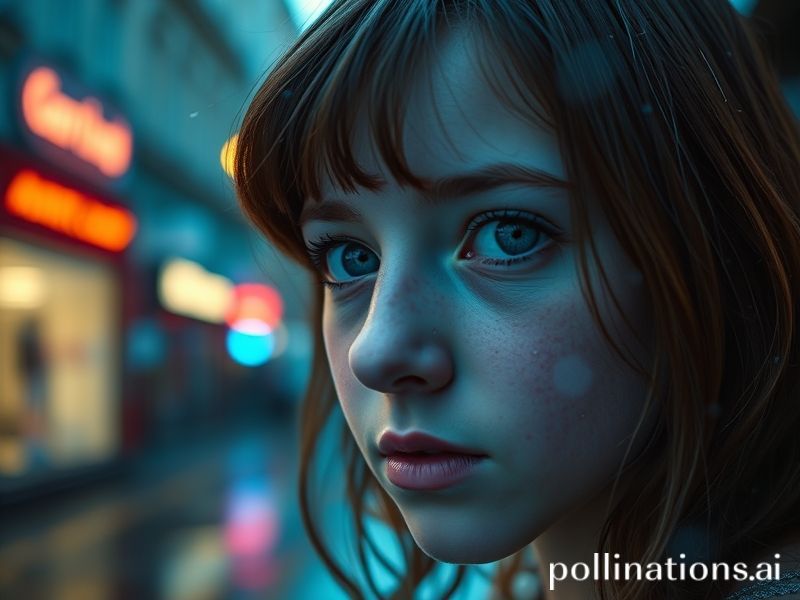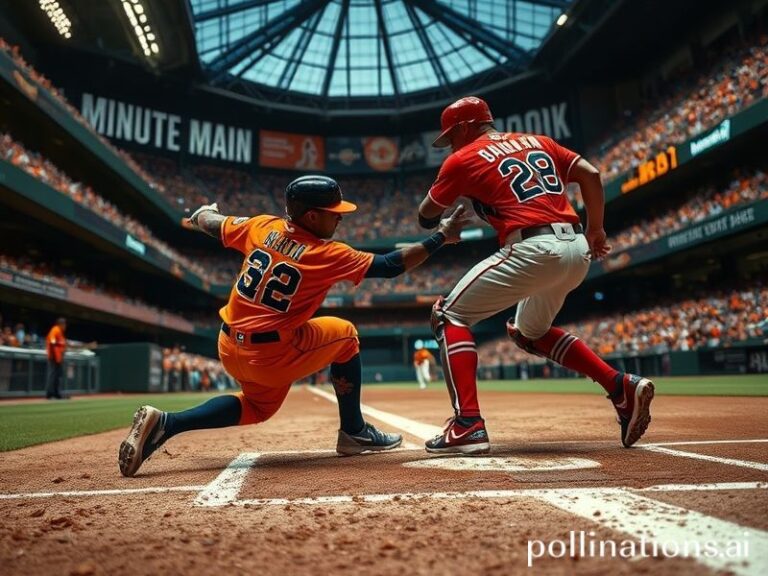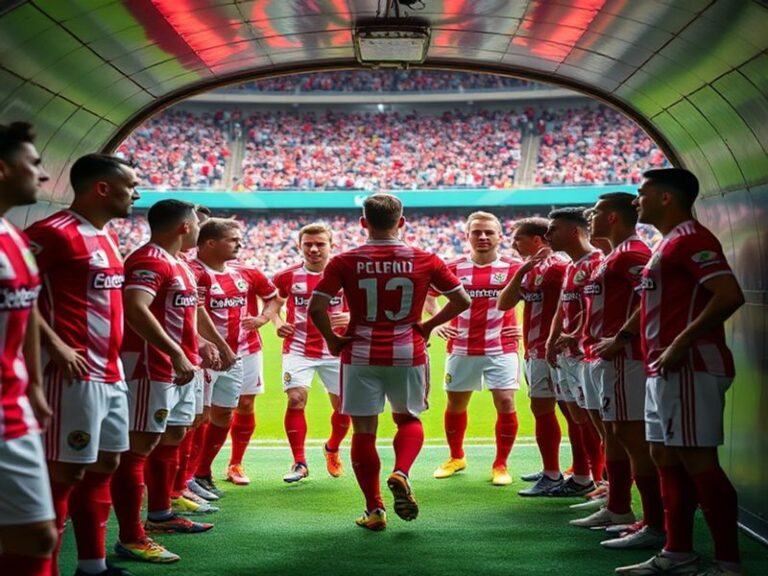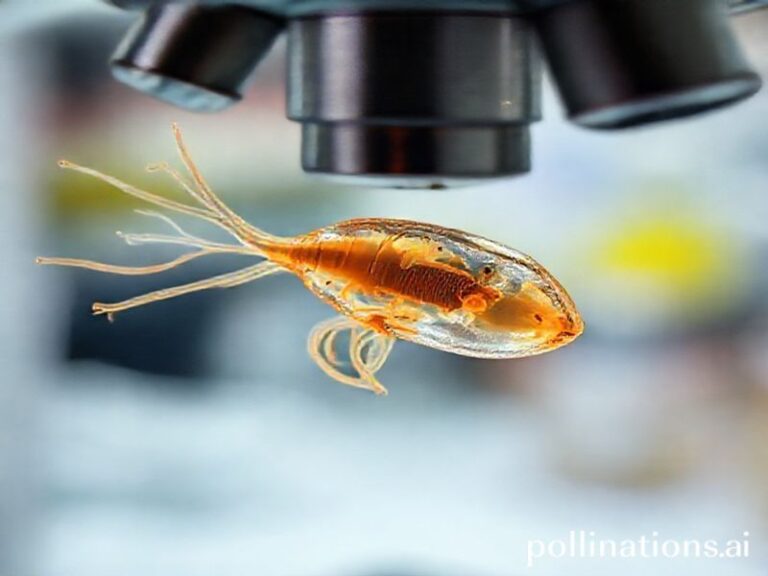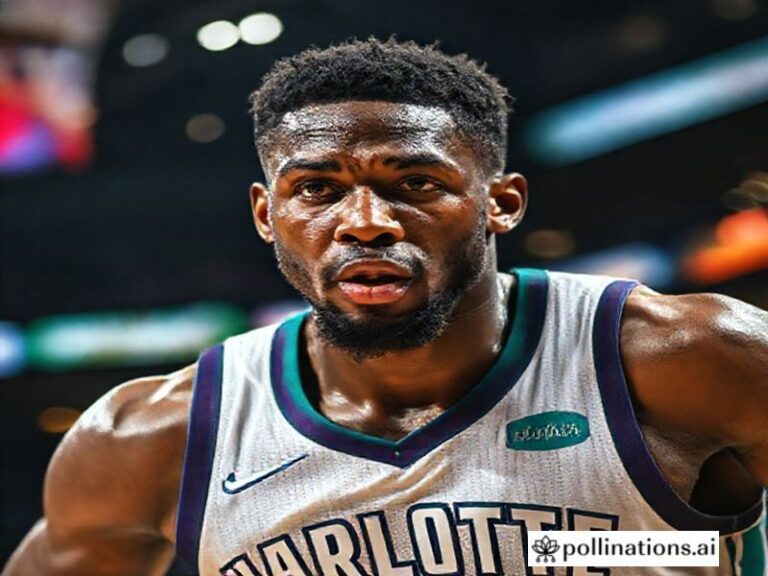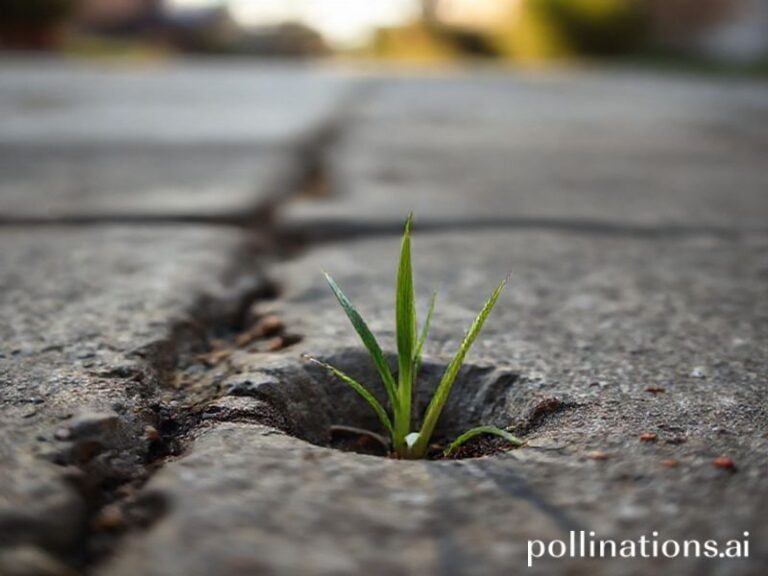Girl, Globalized: How Millie Bobby Brown Became the Planet’s Favorite Export Product
Millie Bobby Brown and the Global Commodification of Adolescence
By Our Correspondent, Still Jet-Lagged from the Last Apocalypse
PARIS—On the Champs-Élysées last week, a billboard the size of a modest Balkan republic showed Millie Bobby Brown clutching a $190 bottle of vegan face cream while smiling like a hostage who has read the terms of release. Simultaneously, in Lagos, commuter minivans flashed her Netflix face on cracked phone screens; in Seoul, her perfume pop-up emitted a scent described by one cynical critic as “late-stage capitalism with top notes of bubble-gum regret.” Somewhere over the Pacific, a Quantas in-flight magazine asked, “Is Millie the new UN?”—which is only half a joke, since she has, in fact, been appointed UNICEF’s youngest-ever Goodwill Ambassador, making her the only person authorized to scold world leaders while still legally allowed to order off the kids’ menu.
Welcome to the planetary paradox that is Millie Bobby Brown: simultaneously weaponized innocence and multinational revenue stream. Eleven, the telekinetic child-soldier she plays in Stranger Things, became a global meme faster than you can say “Demogorgon,” and the actress herself was promptly meta-cast as humanity’s collective little sister. The result? A 19-year-old who can trigger a 3 percent spike in Netflix subscriptions by sneezing, yet still gets parent-tracked on Instagram. The algorithmic overlords have discovered the profit margin in eternal juvenescence: why age when you can simply reboot?
Zoom out, and the phenomenon is less about one precocious Brit and more about how the world now outsources moral aspiration to marketable minors. Greta Thunberg lectures the UN; Malala collects Nobel Peace Prizes; Millie sells vegan cosmetics and a vague promise of empowerment. The assembly line is indifferent to ideology—it merely needs a photogenic face attached to an underdeveloped prefrontal cortex. Call it the Disney-fication of geopolitics: soft power in lip gloss.
Of course, the factories humming in the background are not in Hawkins, Indiana, but in Guangdong and Tamil Nadu, where actual eleven-year-olds stitch the merch their Western doppelgängers model on TikTok. Irony, like carbon emissions, is borderless. Meanwhile, the European Parliament debates a “Digital Services Act” to protect children from the very platforms that made Brown a household deity. The legislation is expected sometime between now and the heat death of the universe.
Brown herself navigates this funhouse with eerie professionalism, dampening any inconvenient human irregularities behind a glaze of corporate politesse. When asked about the pressures of global fame, she cites “self-care routines” and “a really great team,” phrases that could have been auto-generated by a Swiss risk-consultancy bot. One almost misses the quaint old days when child stars imploded in real time—at least the carnage was honest. Now the meltdowns are monetized in advance, packaged as “mental health advocacy” and sold back to us in limited-edition eyeshadow palettes labeled “Anxiety.”
The true international significance lies in the economic weather pattern she trails. Analysts at Credit Suisse estimate the “Stranger Things economy” at $2.9 billion, a figure that includes not only streaming revenues but tourism to filming locations, cosplay suppliers, and a brisk black market in Eggo waffles. The IMF, never one to miss a branding opportunity, recently floated the idea of issuing “Millie Bonds”—sovereign debt instruments indexed to teenage soft-power indices. Investors yawned, then quietly bought in.
And yet, somewhere beneath the gloss, the old adolescent urge for authenticity keeps leaking through. During a press junket in Tokyo, Brown admitted she still re-watches Lizzie McGuire for “comfort,” betraying a nostalgia for a simpler era when girlhood was merely merchandised, not tokenized as planetary savior. The comment trended worldwide for six hours, until it was memory-holed by a coordinated drop of Florence by Mills bath-bomb ASMR. The spectacle, like the Upside Down, devours everything, even the wish to escape it.
Conclusion: In the end, Millie Bobby Brown is less a person than an export commodity—Grade-A adolescent hope, vacuum-sealed for intercontinental consumption. The planet, anxious and aging, will gladly pay premium for the illusion that someone, somewhere, still believes the monsters can be defeated with pluck, pyrokinesis, and a well-timed product placement. We buy what she’s selling because we’re terrified of the adults we’ve become. And if the price is the slow industrial extraction of one human childhood? Well, add it to the collective tab. The upside, dear reader, is that the tab is interest-free until the next season drops.

